Stellantis Ready for EU’s 2025 Emissions Standards, Tavares Says
Tavares Calls For No Delays Amidst Industry Concerns...
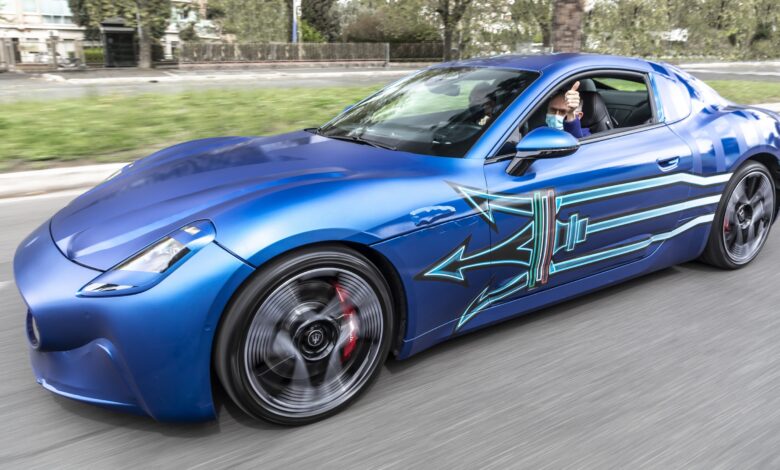
Stellantis CEO Carlos Tavares has made it clear that his company is not calling for any delays or relaxation of the European Union’s 2025 CO2 emissions standards. Unlike other European automakers, Tavares asserts that Stellantis is fully prepared to meet the stricter regulations due to years of proactive planning.
“The rules have been known for several years,” Tavares said during a media briefing in Turin on September 17. “My guys are ready for the fight.” This statement comes as several automakers, represented by the European Automobile Manufacturers’ Association (ACEA), are pushing for a delay, citing challenges with electric vehicle (EV) sales and higher production costs. However, according to Tavares, Stellantis is set to compete in the changing automotive landscape.
Stricter Targets, Flattening Demand –
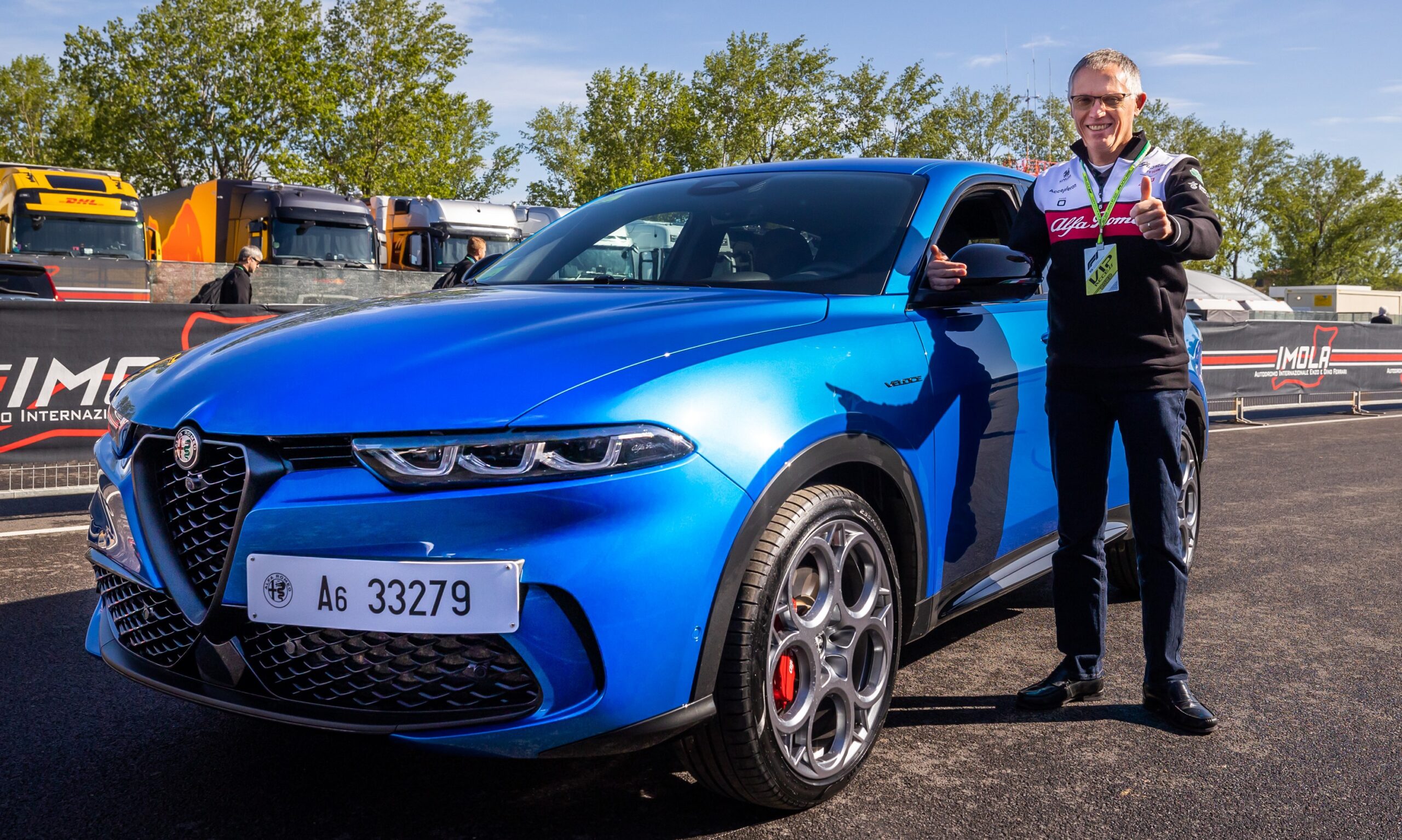
The 2025 CO2 emissions target requires Europe’s new-car fleet to cut emissions by at least 15% from current levels, which means automakers must significantly increase sales of zero-emission battery-electric vehicles (BEVs) to avoid substantial fines. In 2023, EV sales in Europe reached about 14%, but that momentum has slowed, and some governments, including Germany and France, have scaled back once-generous EV incentives.
While some automakers have voiced concerns about the viability of meeting the 2025 target, Tavares emphasized the importance of sticking to the plan. “Now, we are a few months before the race starts, and somebody says, hold on, change the rules,” he remarked. “Even if there is a delay in the standards, the global warming issue is still here.”
Profit Margins and EV Sales –
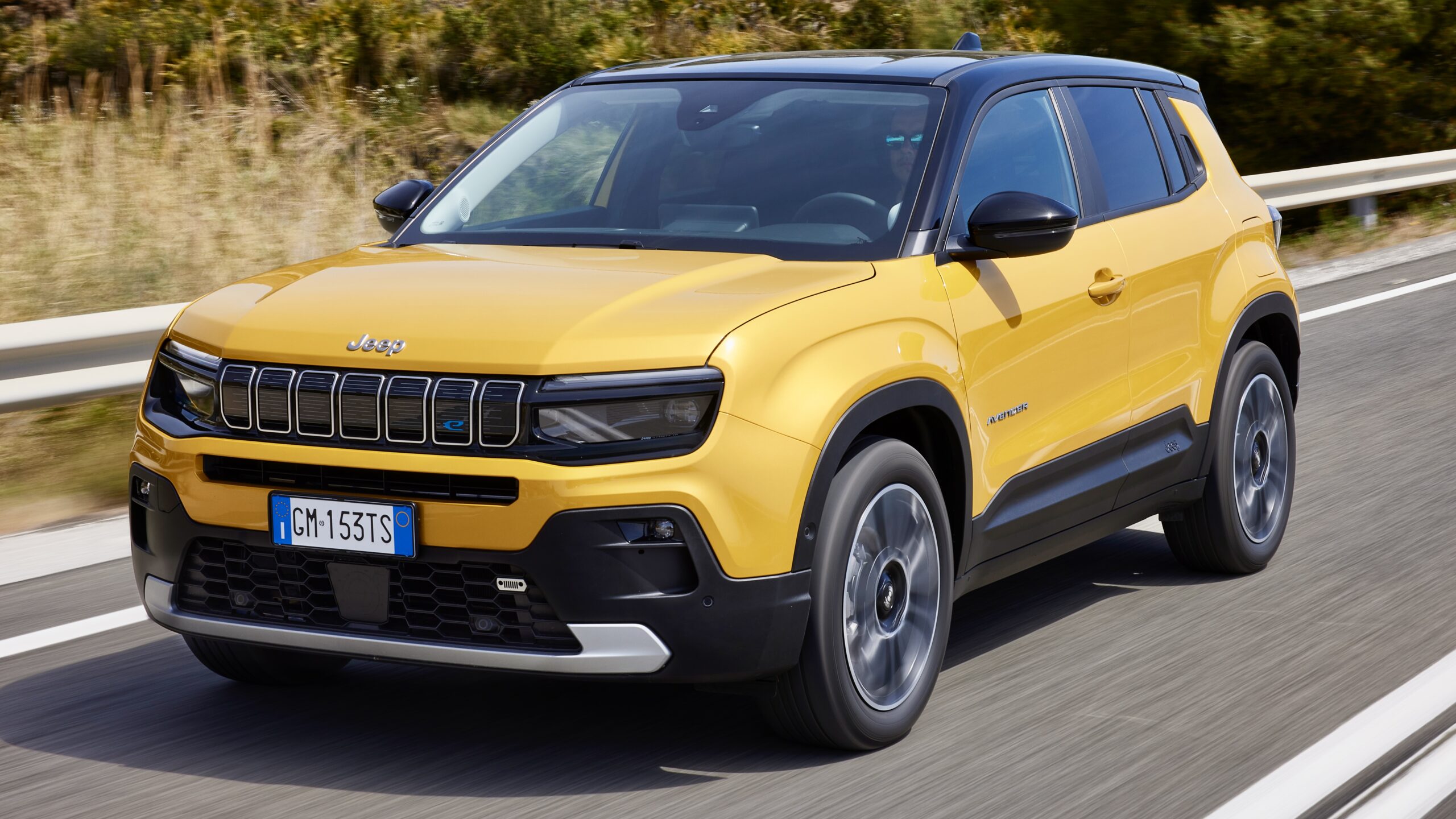
Tavares suggested that automakers asking for a delay might be fearful of the financial impact, as EVs typically have slimmer profit margins compared to internal combustion engine (ICE) vehicles. “What companies are telling you is that if they double their BEV sales, not making money with those cars, they are going to put themselves in trouble,” he said. This mirrors his earlier warnings about a potential “bloodbath” among automakers as they rush to offer affordable EVs.
Other industry leaders, such as Renault CEO Luca de Meo, who also serves as President of ACEA, have expressed similar concerns. De Meo recently warned that automakers face potential EU penalties totaling €15 billion (roughly $16 billion) in 2025 if they cannot meet the targets, or they may need to cut back production by up to 2.5 million cars. He argued for more flexibility, saying, “We need to be given a little flexibility.”
Volkswagen Group CEO Oliver Blume also called for adjustments to the 2025 targets earlier this year, stating, “It doesn’t make sense that the industry has to pay penalties when the framework conditions for the EV ramp-up aren’t in place.”
Stellantis’ Strategy for Success –
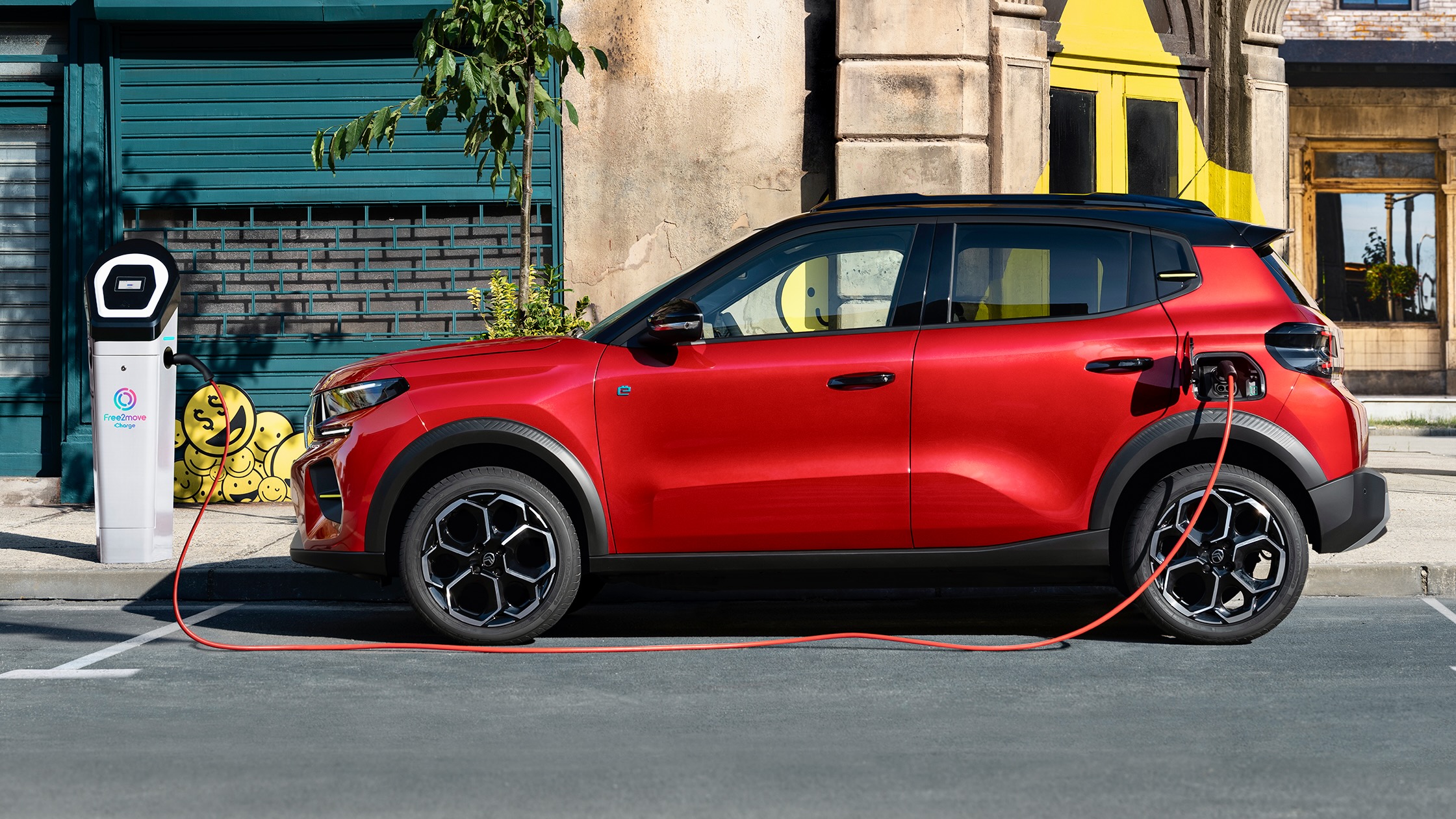
Despite the challenges, Tavares remains confident in Stellantis’ ability to meet the upcoming emissions targets. The company has been focused on reducing EV production costs for years, which he said involved many “difficult decisions.” A key challenge, he explained, is meeting consumer expectations for EV pricing.
“Consumers are telling us that they want to buy electric vehicles at the price of internal-combustion engine vehicles,” Tavares said. “But today there is no business case that supports that.”
Stellantis plans to launch a series of affordable EVs across its Citroen, Opel, and Fiat brands using the company’s Smart Car platform. Notably, the Citroen e-C3, a small hatchback, will be available starting at €20,000 (approximately $21,400), and small SUVs from Opel and Citroen will be priced under €30,000 (around $32,100).
“My technology is ready, my cars are ready. My plans are ready,” Tavares affirmed. “The rules are known. The competition is going to start.”
Source: Automotive News Europe



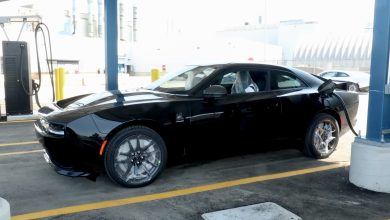
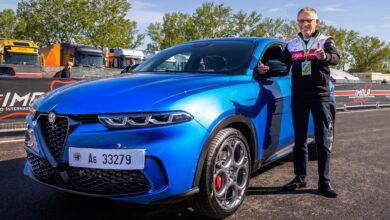

3 replies
Loading new replies...
Join the full discussion at the Mopar Insiders Forum →